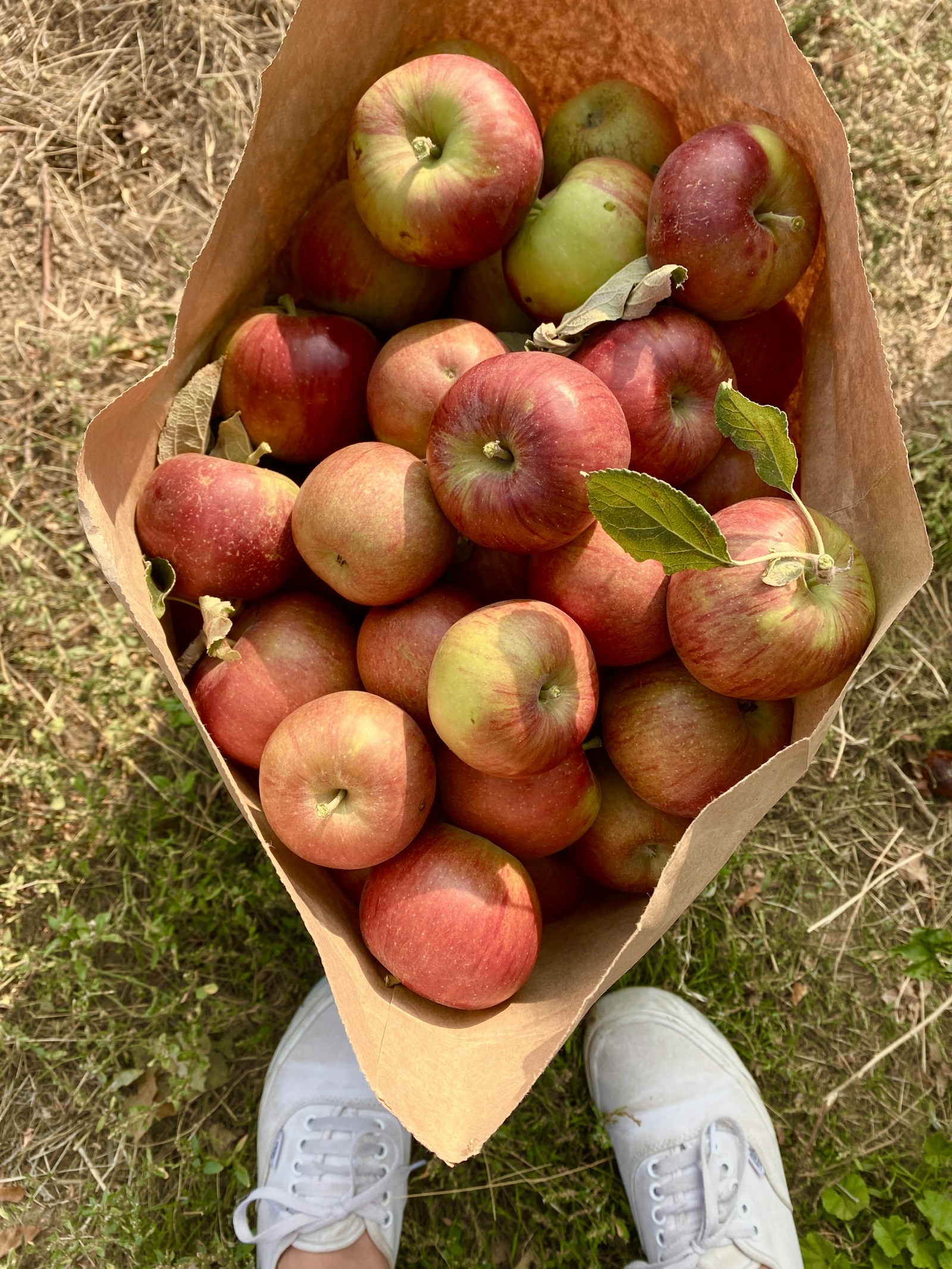October 2025 — Ottawa’s housing market in September demonstrated a continuation of late-summer seasonal trends, with sales activity easing slightly while inventory levels continued to climb. A total of 1,089 homes sold in September, down from 1,236 in August and 1,318 in July. This three-month trend of softer sales is not unusual as the spring peak transitions into the quieter summer months.
On the price side, the average sale price of $690,397 in September fell between August’s $686,536 and July’s $695,209, remaining up 0.3% year-over-year. Benchmark prices have remained relatively stable throughout this adjustment period, indicating that demand is holding steady even as buyers gain more choice.
Active listings rose to 4,388 in September, following 3,971 in August and 4,205 in July. These elevated inventory levels are a departure from undersupplied pandemic-era levels and align more with longer-run balanced conditions, though at elevated levels, which continues to be a trend worth monitoring. Continued steady demand helps explain why prices have remained relatively flat, even as inventory builds. Months of inventory edged up to 4.0, compared to 3.2 in August and 3.2 in July, reinforcing this balance between buyers and sellers.
On September 17, the Bank of Canada cut its key policy interest rate by 25 basis points to 2.5%, citing slowing global growth and easing inflation pressures. This policy shift, combined with Ottawa’s resilient demand and balanced market conditions, could encourage more first-time buyers and bring additional activity to the market in the months ahead.
“September reinforced Ottawa’s resilience, with sales nearly 2.4% higher than last year, and prices are holding steady despite more listings coming to market,” said Paul Czan, OREB President. “When you peel back the layers, you see that townhomes are driving stability while single-family homes are easing. And while Ottawa’s diversity of housing continues to increase inventory, missing middle housing—like townhomes—still aren’t being built fast enough, and that’s something OREB continues to advocate for.”
Residential Market Activity
Looking at the bigger picture, there have been 11,025 home sales so far this year, which is 3.9% higher than at this time in 2024. The average sale price for all sold listings in September was $690,397 up 0.3 % from last year. This year, the average year-to-date price is $699,910, a 2.7% increase over the first nine months of 2024.
Finally, the months of inventory, a measure of supply, sits at 4.0 months, which is up from 3.2 months of inventory in August. Having 4.0 months of inventory is typically understood to be an indicator of being a balanced market.











.png)
.png?cc=1680702803510)



